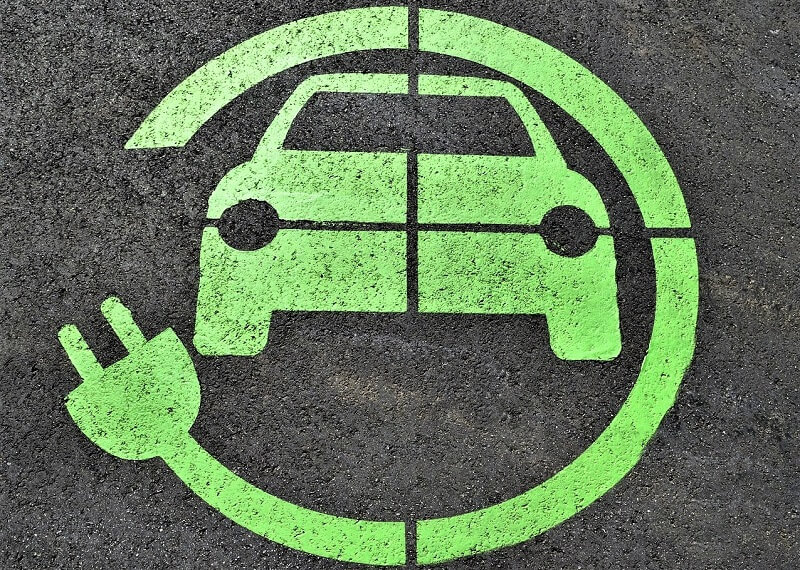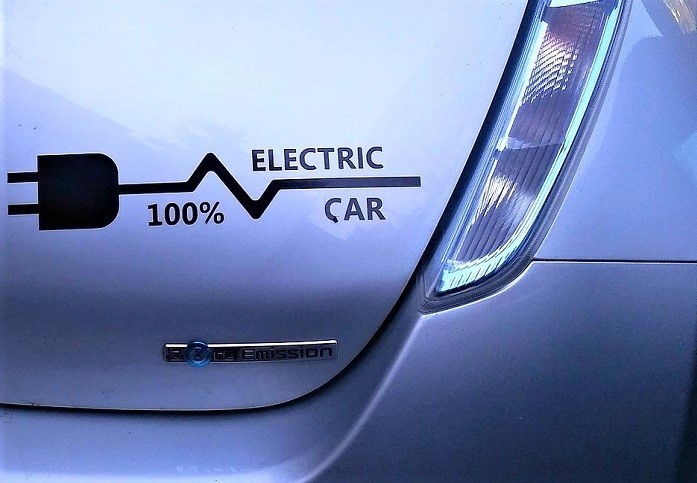
Although comparatively higher in price than their combustion engine rivals, used electric cars are on the rise and the way cars are moving into the future. They are a cheaper option overall taking into account fewer maintenance expenses in the long run.
The 3 main benefits of purchasing a used electric car are:
- No fuel, oil, or coolant costs.
- Low costs of maintenance in the future.
- Environmentally friendly.
For some early EVs, you need to lease the battery, unless the investment has been completed and it’s now incorporated in the car’s selling price. Advertisements aren’t transparent about whether the cost of a used EV includes the battery or whether it needs to be leased separately, so be sure to ask at the start. The discrepancy in prices of cars with and without a battery should be considered when making a decision. For example, some batteries can’t handle fast-charging and being charged to the highest or can’t support any discharge under 20%. Unlike petrol-powered cars where a lower mileage model is advantageous, be cautious of an older EV car with lower mileage as cases of battery damage due to insufficient and infrequent charging are common. However, ignore horror stories about having to spend thousands on replacing a battery since it’s possible to buy replacement cells for a few hundred dollars that will recover charge capacity.
With no oil or coolant to monitor, and no other models to compare it with (and most probably a salesman who is as unaware as you are), a used EV can be a terrifying possibility for the uninformed vehicle buyer. However, just like with petrol-powered cars, there are many things to contemplate and address before taking possession. While many of these checks indeed apply to any used vehicle, many are specific to buying a used electric car:
- Before going to look at a used EV car, make sure the seller has fully charged the battery so you get a good idea not only of the battery health, but of the cars performance and range as well.
- Has the battery been examined to ensure its functioning accurately? If not request to have it tested. Alternatively learn how to check the battery’s health through online tutorials before turning up so you can access this knowledge through the internal computer via the cars’ touchscreen.
- Is there any warranty left?
- Does the on board computer fully function?
- Is the audio and every other infotainment feature working?
- Ensure the car comes with its charging cords, and that they still work as they should.
- Check the cars’ safety ratings to ensure you feel secure behind the wheel.
- Are the heat and air conditioning functions working to their optimum capacity?
- Are the tires in good shape?
- Does the overall state of the interior reflect the low mileage on the odometer?
- Do the windows seal when shut, or roll up and down as they should?
- Do the brakes and steering seem responsive? Do they squeak or make any other questionable noises?
- Are there any unwanted noises originating from the suspension?
- Does the car have a reliable vehicle history record without any reported mishaps or damage?
- Has the vehicle undergone its scheduled maintenance and service checks? Ask the seller to provide the car’s maintenance records.
- Does the used electric car hold a clean title?

Other things to weigh up when buying a used electric car:
Does an electric vehicle fit your lifestyle?
The EV scene is constantly shifting with more SUV and larger utilitarian vehicle companies bringing out new models in the future, but in 2020 it’s still mostly small cars (with the exception of the Tesla Model S) dominating the used car market including the Nissan Leaf, Renault Zoe, Chevrolet Bolt, and Tesla Model 3. However, if you want an affordable car with three rows of seats or need more functionality than a compact car offers, an EV may not be a suitable fit for your lifestyle right now.
Also consider where your car will be parked at home. If you park on the street or in a driveway, then it’s highly unlikely there are charging stations on the kerb on in your driveway to plug into at the moment, so a garage is essential. If you don’t have access to one, you may have to rent a garage which will cost money.
Localized charging infrastructure.
You will need to do your homework to find out where all the necessary charging stations are along your regular driving route, or how far out of your way they are if not nearby. Older EV’s have a lower range of mileage restricting them mainly to urban trips (shops, schools, or work for example).
Consider the costs unique to EV ownership.
It’s well established that it takes less money to get an EV to move per mile than a fuel-powered car, but there are still some expenses unique to electric car ownership that you need to analyse.
Maintaining an EV doesn’t mean that fuelling your vehicle is free just because you’re no longer buying fuel. You can assume your electricity bill will go up, but the added expense in electricity will still be smaller than what you would be spending on fuel.
You also need to examine what kind of charging setup you will need in your own home. Will a level one charger that plugs into a standard outlet be sufficient, or will you need to update to a more practical level two charger that will likely become a semi-permanent part of your garage? Also, if you need to travel more distance than the scope of your EV, are there charging stations on your journey and how much will a charge cost? Or will you need to rent a vehicle with a higher range?
Depending on your driving requirements, expenses like these will add up — plus, EVs are frequently more expensive to buy than similarly-sized and equipped fuel-powered cars.
Test drive to be certain.
When all is said and done, the best way to find out if a used electric car is for you is to take one for a test drive. Electric Car Rental companies are popping up everywhere such as Plug ‘n Drive that have a range of models (although limited at the moment) to try out. Perhaps you know a family member, friend, or work colleague that has one that you can test drive. If you do know anyone who has one, ask their advice on how they like the EV experience and reliability.
Join the community.
Find out all about the EV evolution and culture by joining one of the growing groups of EV car clubs. Check out this link to find out more:
https://pluginamerica.org/take-action-2/ev-clubs/
In the end, we want you to choose the best option when buying a used electric car. You may be able to obtain a fantastic deal, but there’s so much to consider. These recommendations are an essential start to your EV used car journey.


[…] Before you bargain for a used vehicle price, learn how mileage influences car prices. The more miles a vehicle has, the less a buyer should pay unless you are contemplating an electric car, then you will need to refer to my article What to Look for When Buying an Electric Used Car […]